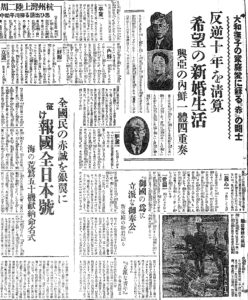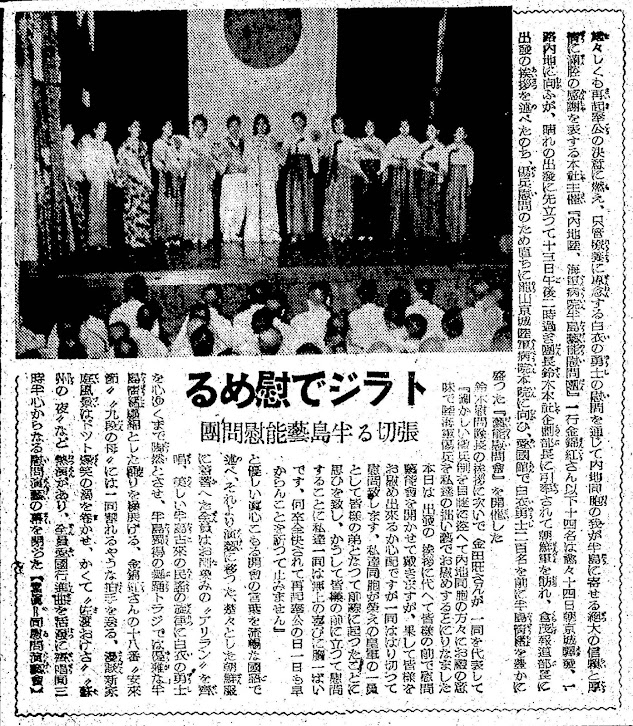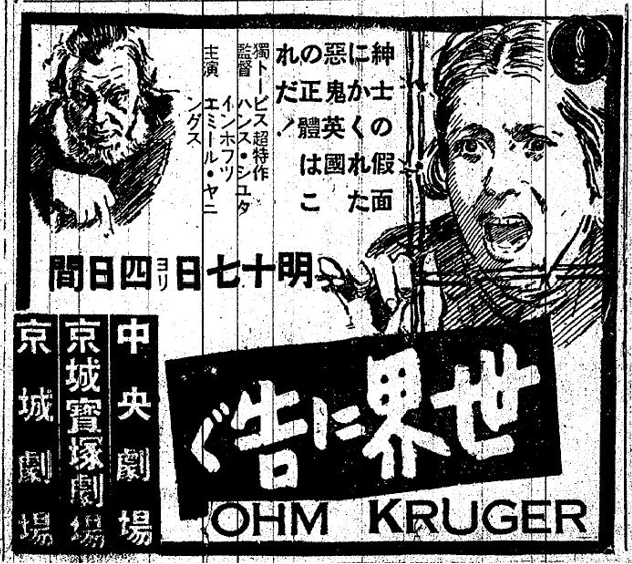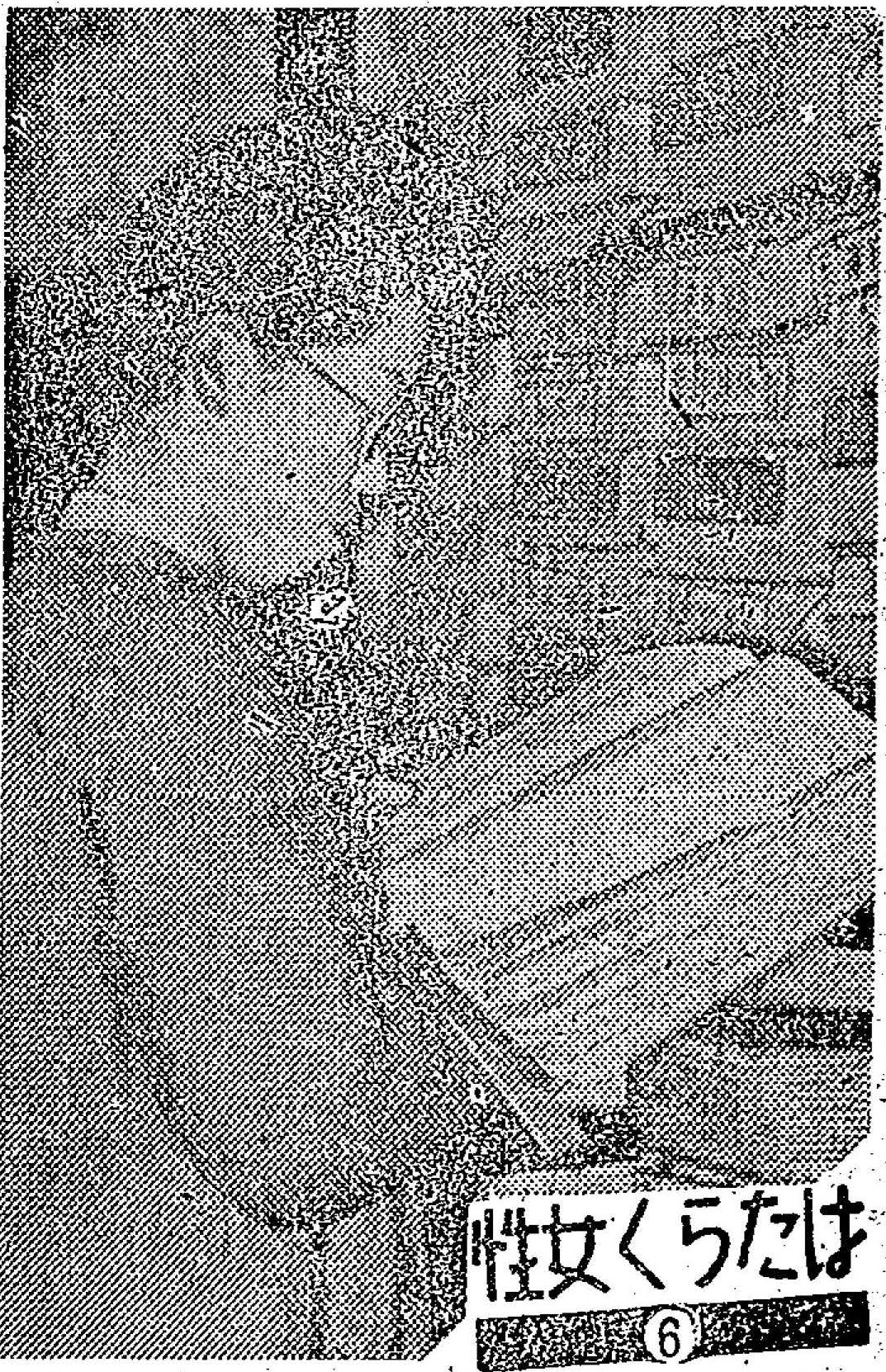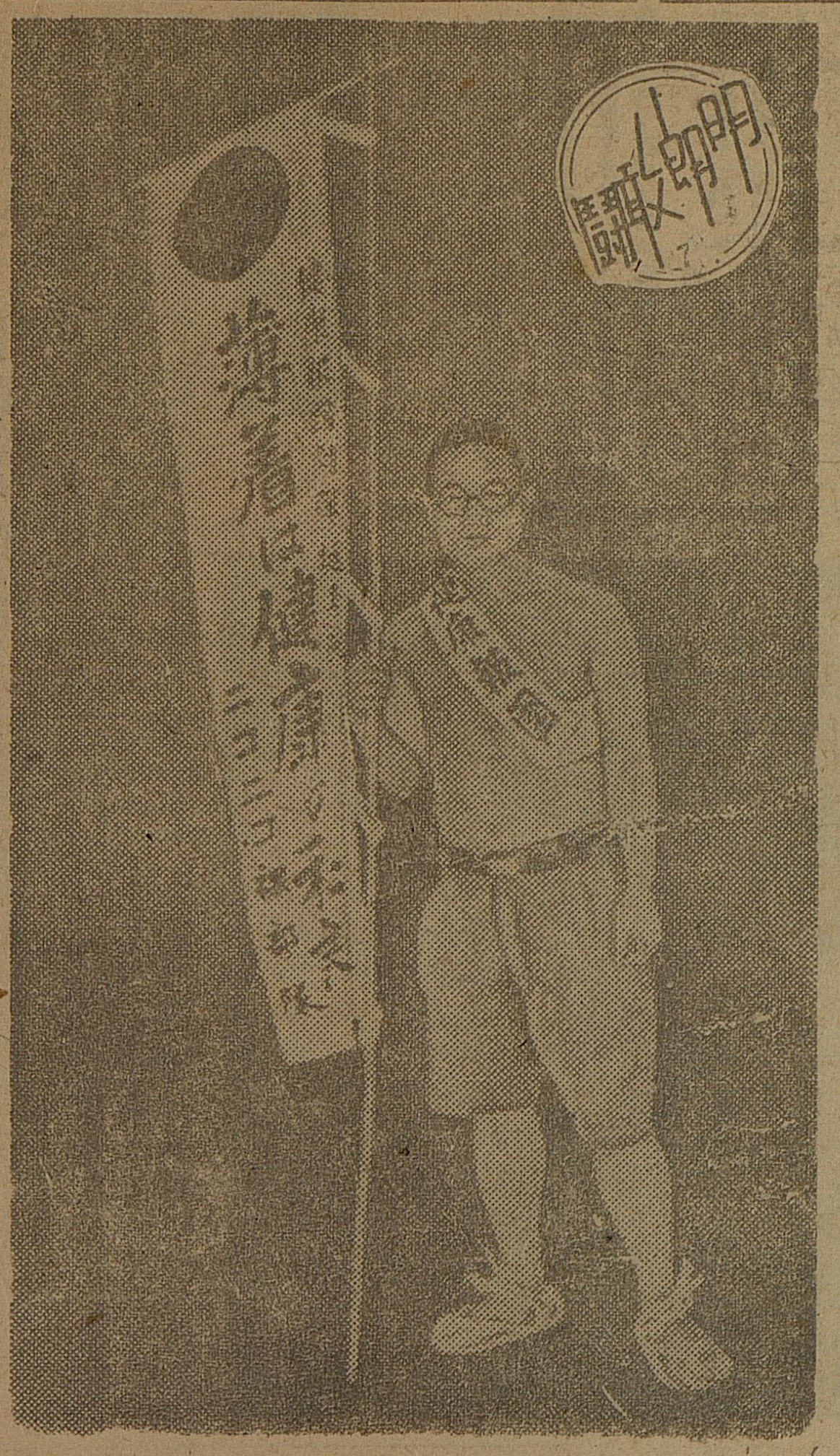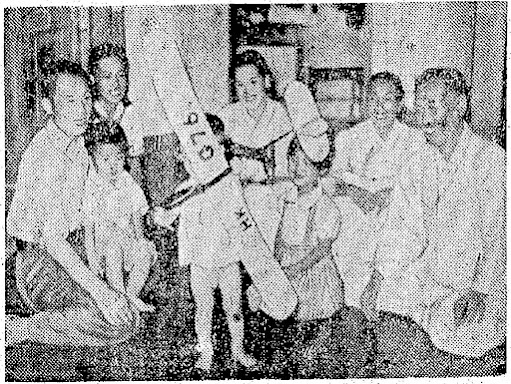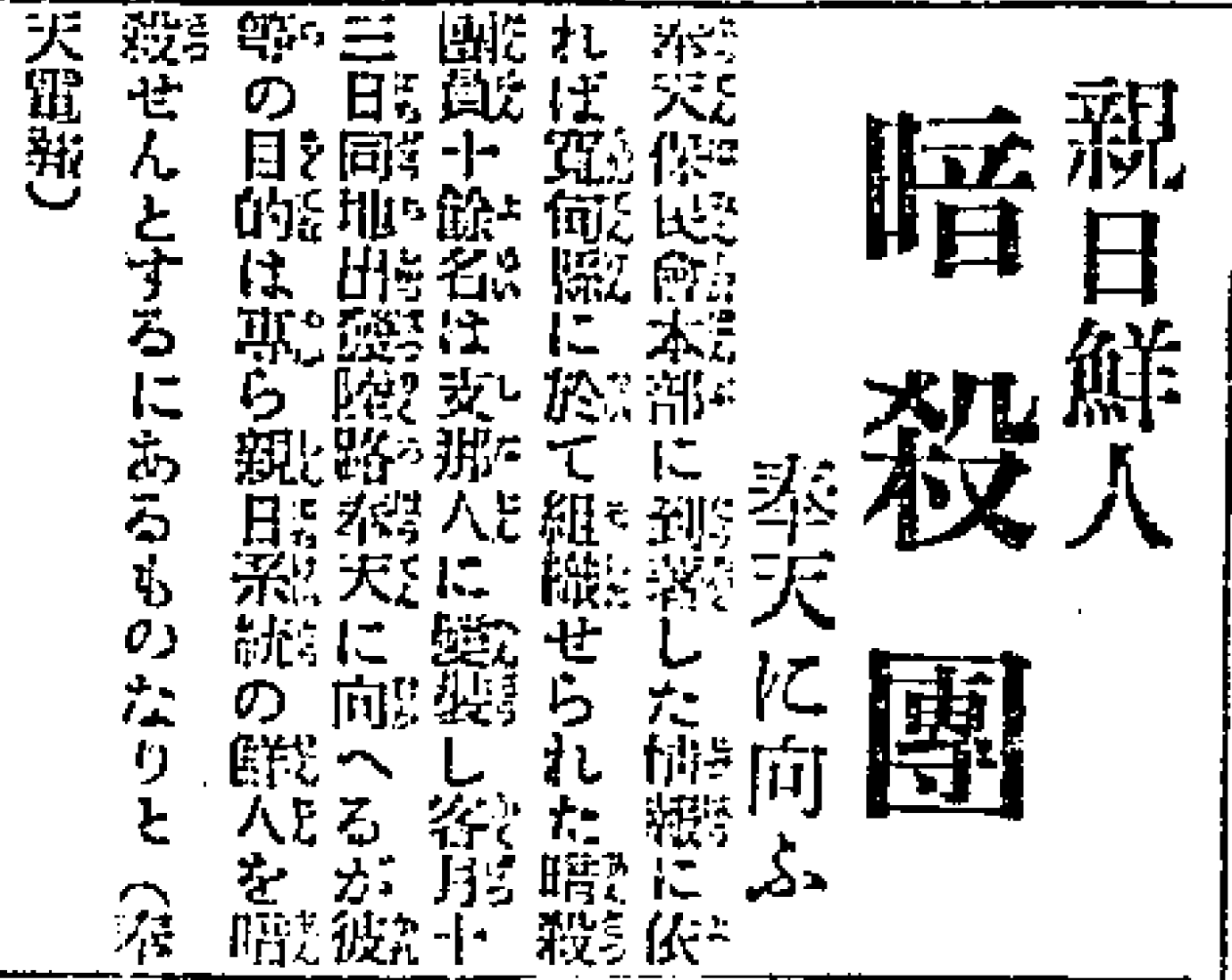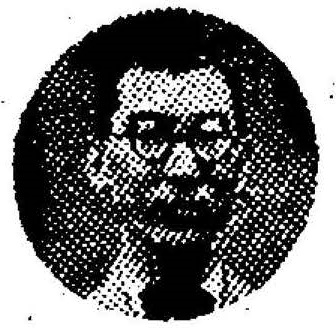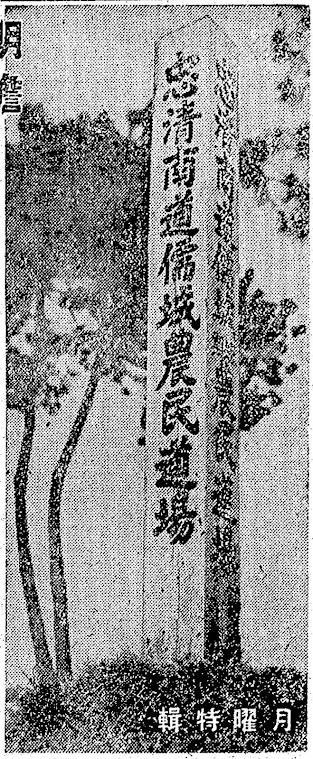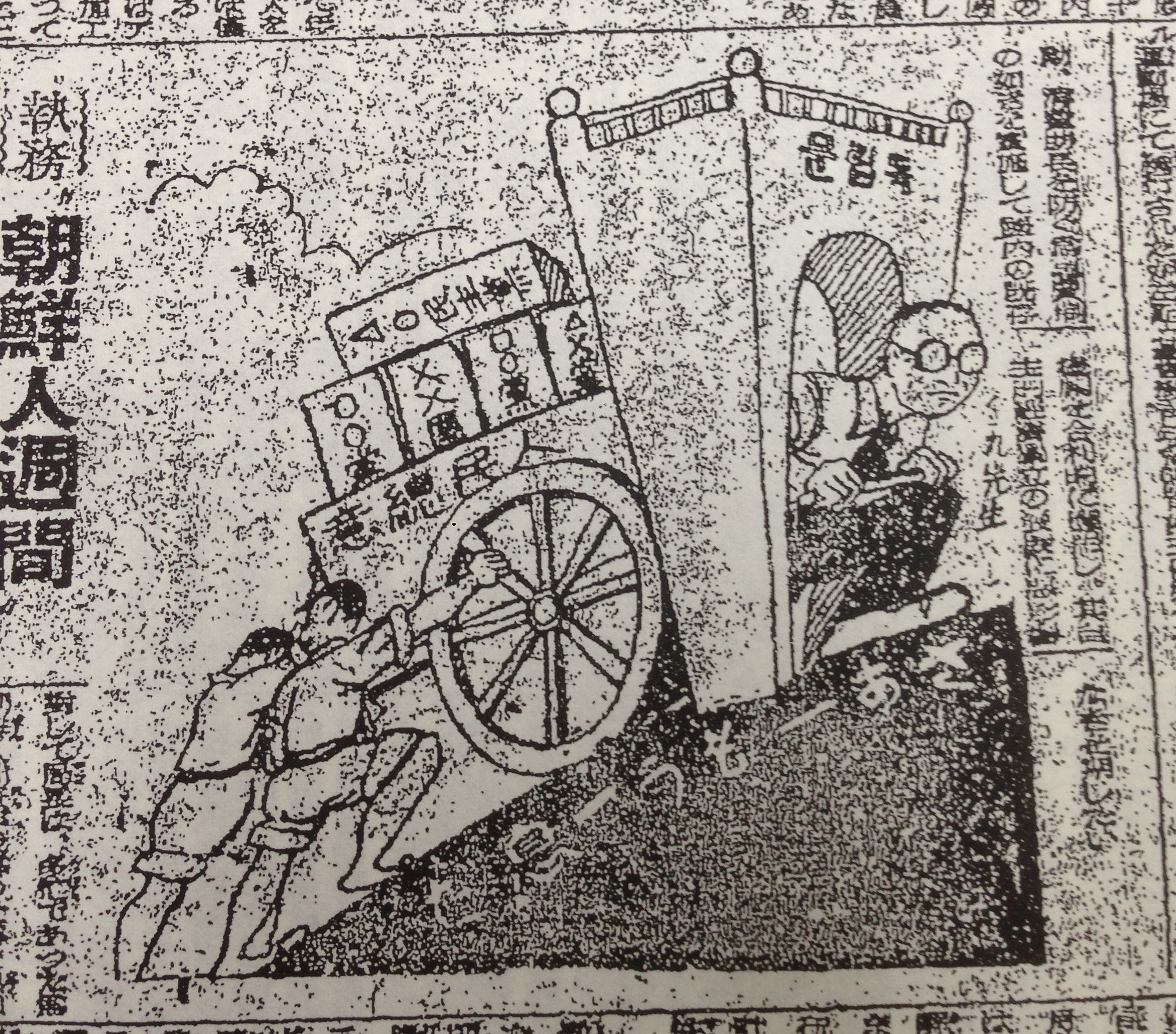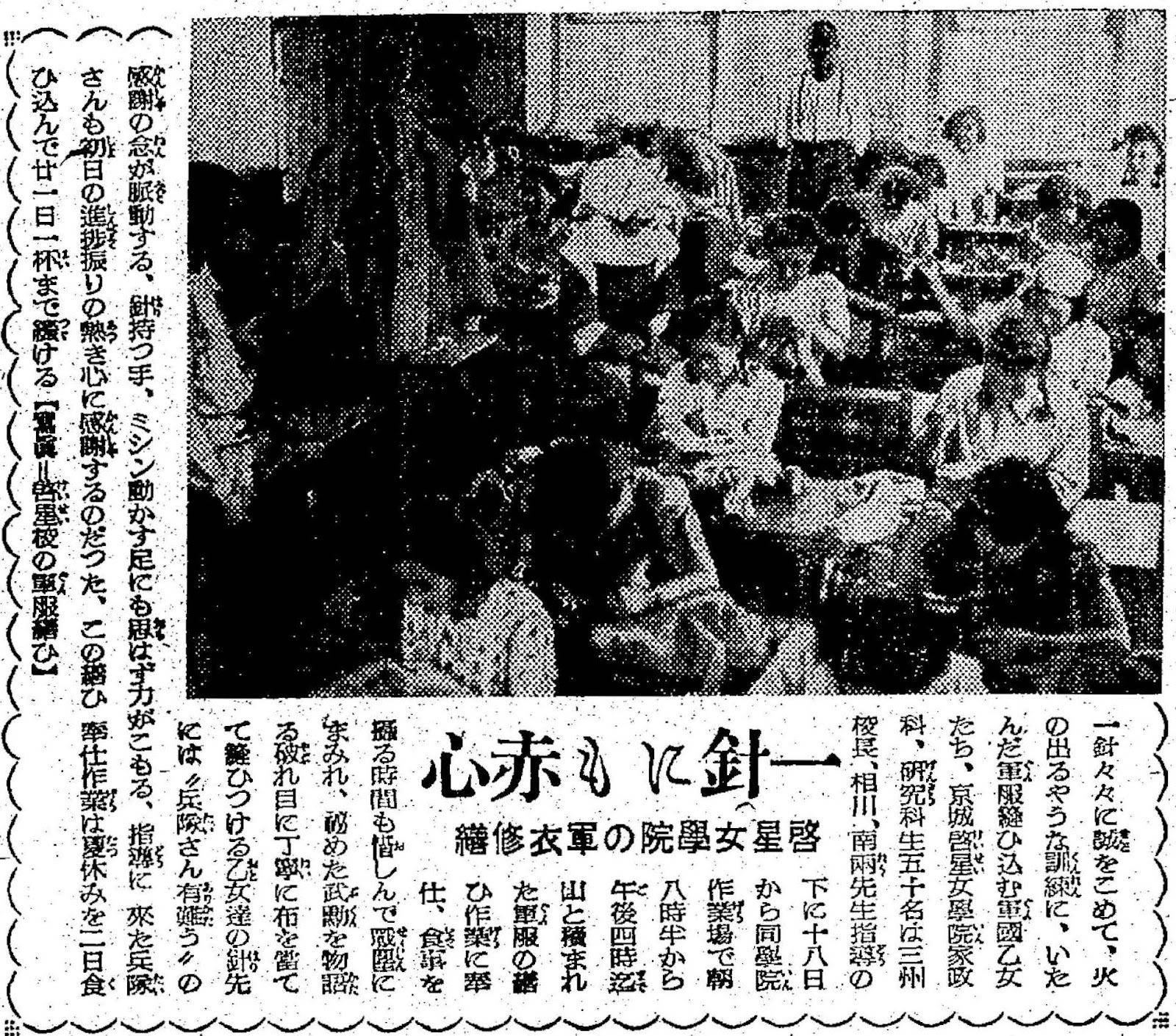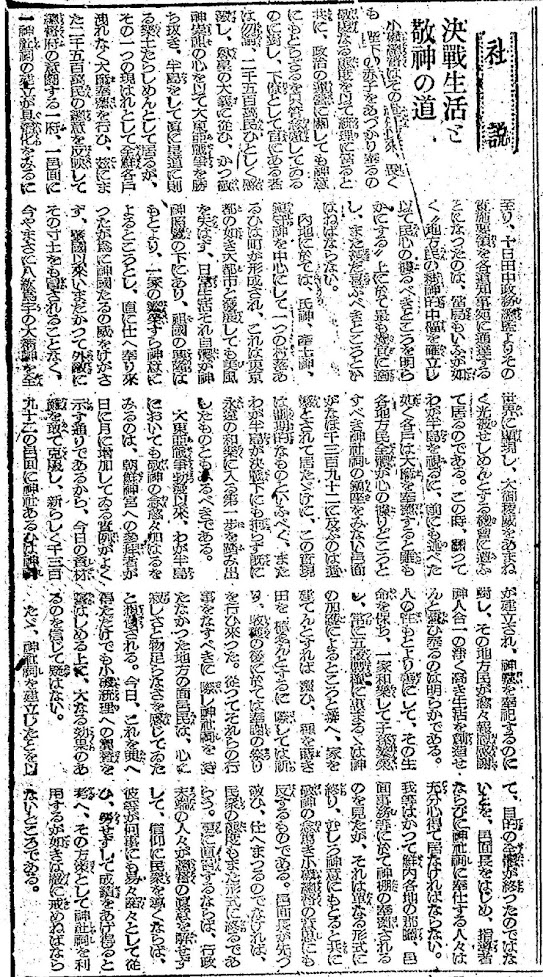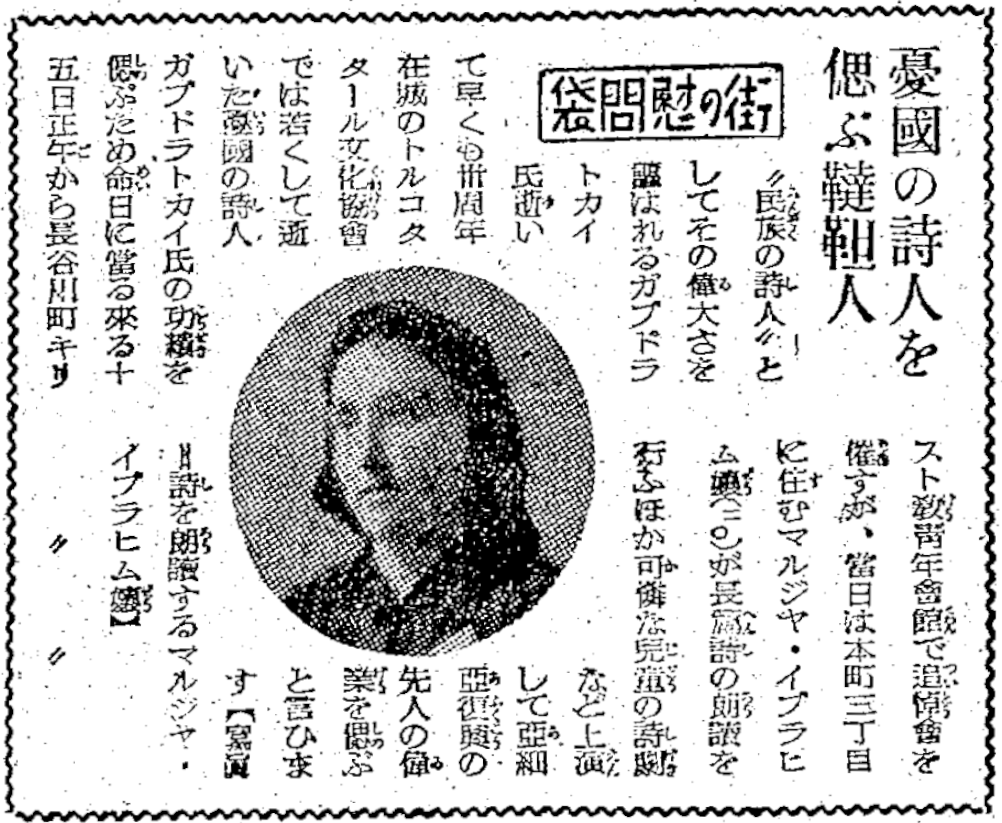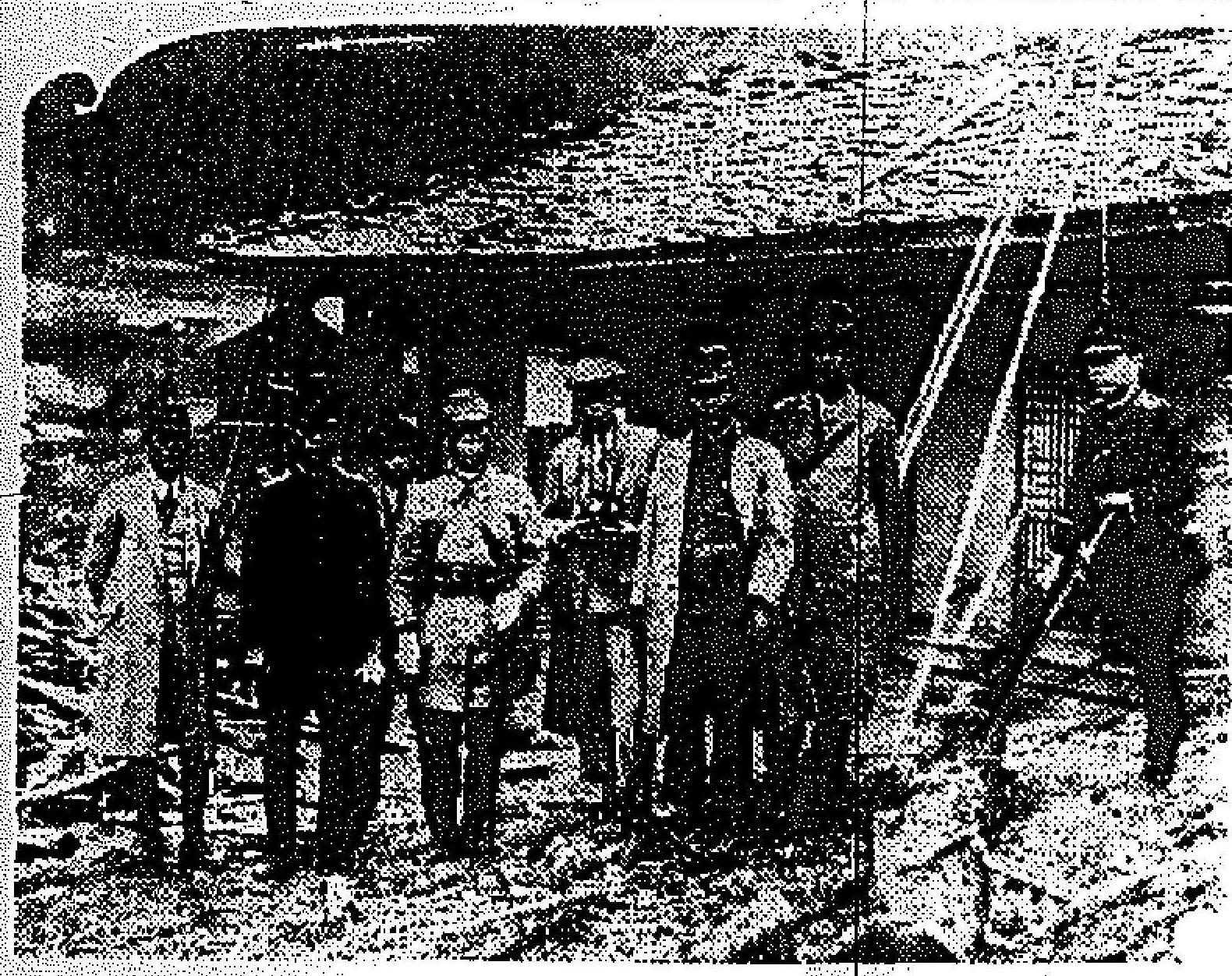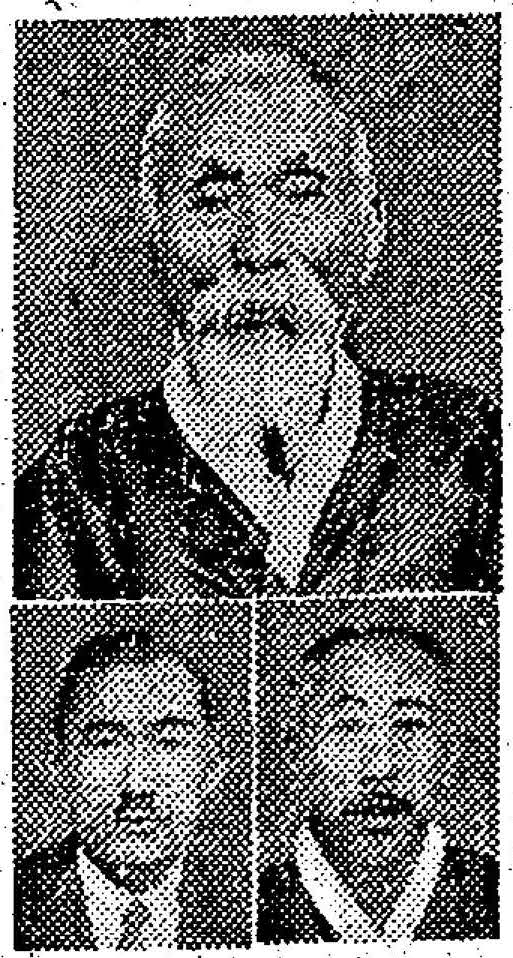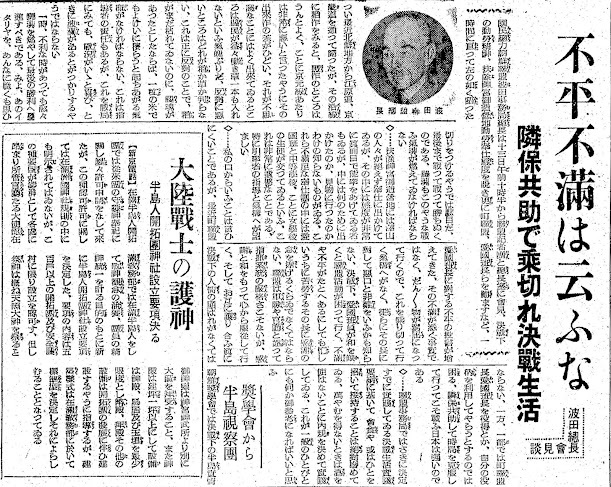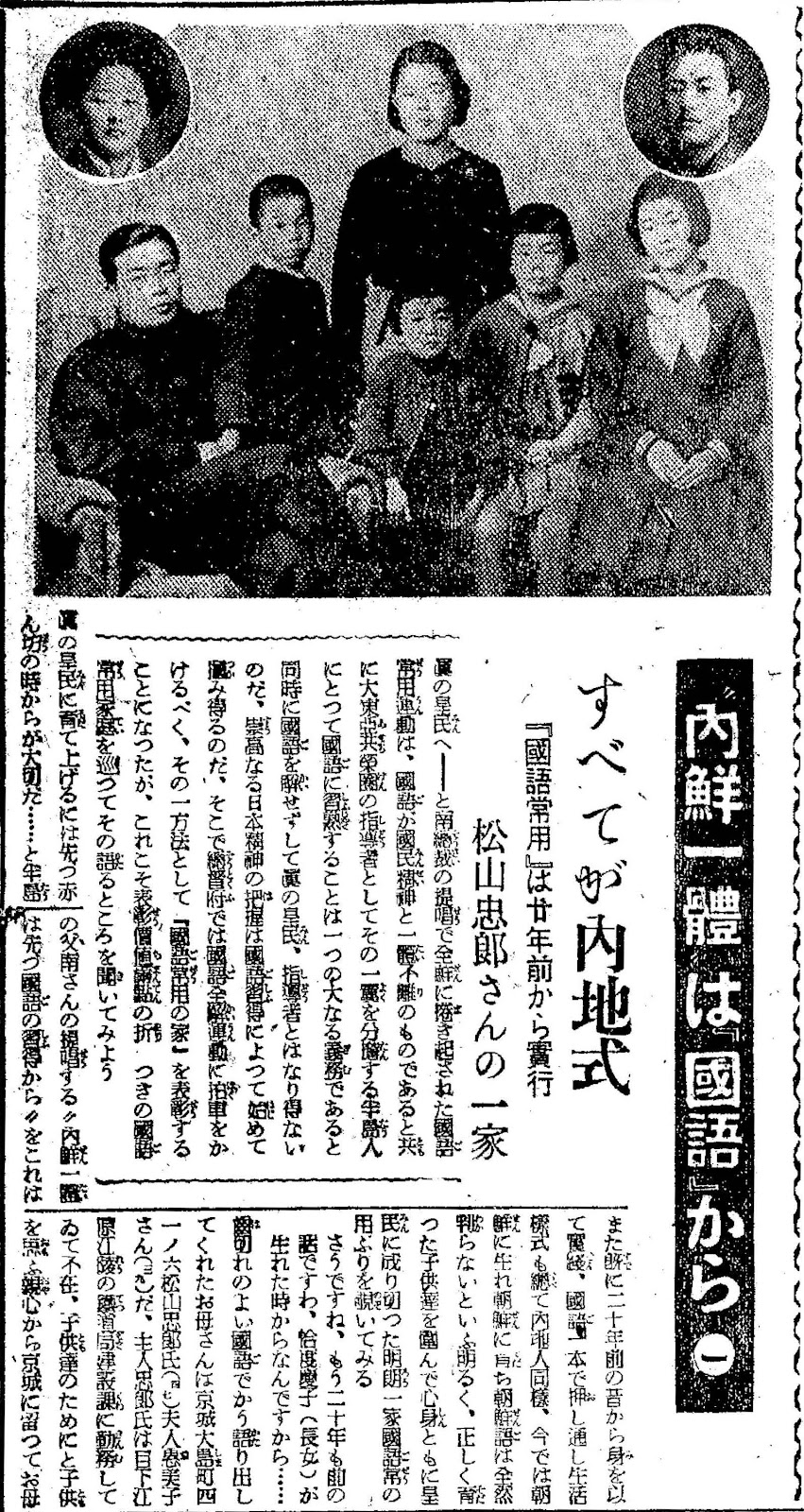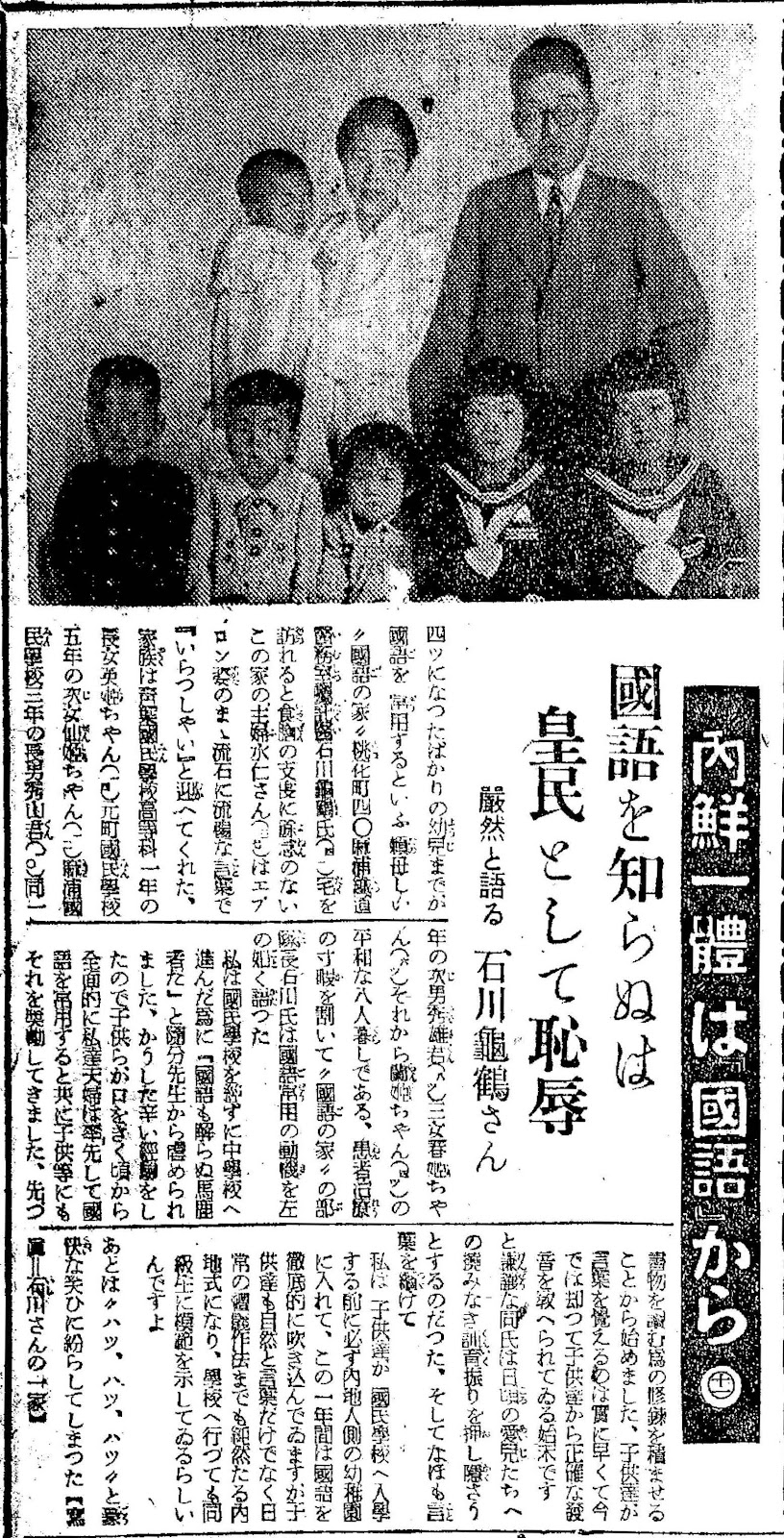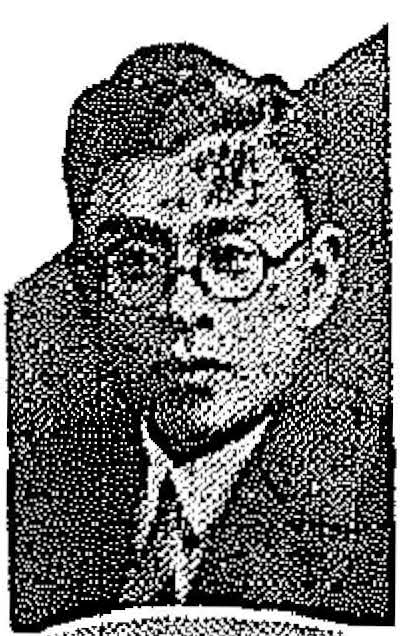
Park Deuk-hyeon (박득현/朴得鉉) became a communist activist in 1928 as a student in Tokyo and struggled against colonial rule for a decade until he ‘repented’ and became an avowed Imperialist upon seeing his Japanese sister-in-law’s ‘exalted spiritual love’ toward his ailing mother and brother
2023-03-09
637
1565
This article is about Park Deuk-hyeon (박득현, 朴得鉉), a Korean communist activist who was involved in resistance activities against Imperial Japan for a decade in the late 1920’s and early 1930’s until he was captured and ideologically converted to the Imperialist cause while in prison. After his release from prison, his probation officer rehabilitated him in a work program and then arranged for him to marry a Japanese woman. He eventually became a leading collaborator preaching the Imperial Way to the Korean people.
However, there are some factual discrepancies between online Korean sources and this article. Born in 1907, he graduated from high school in Seoul. In 1926, he went to college in Tokyo to study political science and economics. But while a Korean source says that he studied at Nihon University, this article states that he studied at Waseda University. As a student, he joined the communist party and was later involved in various labor movements and resistance efforts against colonial rule. The article suggests that he was arrested in 1928 during the Marxist-Leninist (ML) Party Incident, which was when the Communist Party of Korea was destroyed by Imperial Japanese authorities, and stayed in prison until he was released in 1937. On the other hand, another Korean source says he was arrested in 1928, released in 1931, and then rearrested in 1933.
Such ideological conversions (Tenkō process) of socialists and communists were common throughout Imperial Japan between 1925 and 1945, ever since the Peace Preservation Law was enacted to allow the Special Higher Police to more effectively suppress socialists and communists. It may be that the authorities noticed his charismatic personality as a student leader in the communist movement with prominent contacts in the Japan Communist Party, such as Sano Manabu (1892-1953) and Nabeyama Sadachika (1901-1979), as well as in the Communist Party of Korea, and so they decided to flip him and cultivate him as an influencer to reach out to his former comrades in the Korean community.
There seems to be a lot of articles about Park Deuk-hyeon online in Korean, but the information that I gleaned is very limited, as I relied on machine translations to skim through them. Unfortunately, my Korean skills are only at a very basic level, about halfway done through a Duolingo course.
(Translation)
Gyeongseong Ilbo (Keijo Nippo) November 6, 1939
A former red insurgent is reborn through the familial love of his Japanese wife, who is the embodiment of the ideals of Yamato Nadeshiko
He Set Aside a Decade of Rebellion
His Newlywed Life of Hope
The Quartet of Japanese-Korean Unification for a Prosperous Asia
At one time, this man was a red insurgent, taking a misguided path in life under the banner of materialism, until this rebellious child of East Asia was touched by a strong and intense love for humanity that was expressed by a kind and gentle woman who lived up to and beyond the ideals of Yamato Nadeshiko. Her touch revived him by restoring his soul, releasing it from captivity under the Red Devil’s control. Currently, this man is continuing his activities providing ideological guidance as he preaches the exalted Japanese spirit to patriotic Koreans on the home front. The following is a heart-warming string quartet of stories in the spirit of Prosperous Asia. [Photo: Park Deuk-hyeon (박득현, 朴得鉉) and his wife Mrs. Saitō Fukuko (above), and Mr. Kodera Tadayuki (below)]
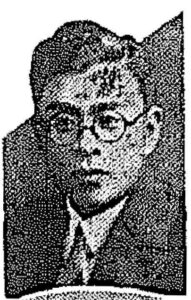
The protagonist of this story is Park Deuk-hyeon, 34 years old, an employee of Miki General Partnership Company who lives at 222-2 Hyoje-dong, Seoul. Park graduated from Seoul First High School in 1923 and entered the Department of Political Science and Economics at Waseda University, where he soon fell completely in love with the Red Ideology. He became active as one of the red leaders under the command of Sano Manabu, Nabeyama Sadachika, and others. In 1928, he was imprisoned for the Marxist-Leninist (ML) Party Incident. After ten years in prison, he returned to freedom in 1937, but he still remained a “red pole”.
However, when he returned to his home in Korea, he found that his younger brother, Park Deuk-ryong (박득룡, 朴得龍), had married an ethnic Japanese woman named Tanaka Kimiyo through fortuitous fate. Initially, he looked down at his sister-in-law with feelings of disgust. However, he eventually came to see the lovely truth: Kimiyo not only devoted herself wholeheartedly at her husband’s bedside as he battled a lung disease diagnosed by his doctor, but she also devoted herself with filial piety to her mother-in-law, who did not understand Japanese, in a way that she could not do even for her own child. When her mother-in-law was sick, she nursed her without sleeping at night, and she tried to comfort her mother-in-law and her husband by wearing unfamiliar Korean clothes.
The elder brother, Park Deuk-hyeon, was a red insurgent who had felt hatred towards his sister-in-law, but even he was so moved by her precious love for humanity that his steel-like cold heart filled with emotion for the first time, and he could not help but feel his East Asian heart beating again. For the first time in his life, he found in Kimiyo a true and admirable image of human love. He had just seen an admirable Japanese person in real life.
At this moment, he started feeling ashamed of the coldness of his own ideology, for which he had sacrificed himself working so hard for ten years. He bowed his head in deference before Tanaka Kimiyo, the embodiment of humanity, sincerely repenting for the treasonous path that he had taken in the past. He vowed that now was the time to make a fresh start as a respectable Imperial subject. This was not only an ideological conversion, but also a total reassessment of his ethnic Korean consciousness that had been deeply rooted in the back of his mind.
His new life had just begun. Kimiyo was more pleased than anyone else at this time, but there were still two others who were also pleased, one of whom was Kodera Tadayuki, 64 years old, the head of the Miki General Partnership Company in Takezoe-chō, Seoul [in present-day Jung-gu, Chungjeong-ro], and a commissioned officer at the Seoul Probation Office. Kodera got to know Park through the probation office at the time of his return to Korea, telling him, “You have admirable qualities. I will take you into my company and help you experience a rebirth with a sincere heart”. Kodera provided Park with 100 yen each month and took care of him as if he were his parent. When his younger brother, Deuk-ryong, passed away in Tokyo from his chronic disease, Kodera took care of all the funeral expenses and showed his love to Park, praying for his rehabilitation from the bottom of his heart.
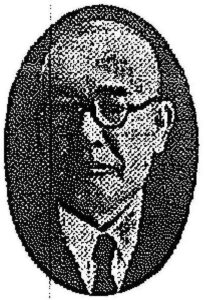
The other person who was pleased was Judge Fujii, who tried and sentenced Park in the past. Judge Fujii served as a matchmaker, introducing Park to Saitō Fukuko, a beautiful 27-year-old Japanese girl who was the very embodiment of the ideals of Yamato Nadeshiko. The newly reborn former insurgent was now excited by the prospect of living a new life in Prosperous Asia as a patriotic fighter. He is now taking charge as the secretary of the Korean Federation of Ideological Patriotism and is touring all of Korea preaching with the same passion as before, but this time to help Imperial subjects apply the Imperial Japanese vow in their daily lives.
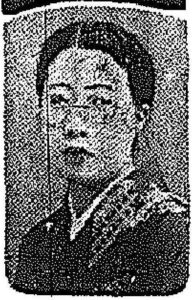
“I will serve my nation admirably!”
Mr. Park tells his story about his new family:
On the morning of November 5th, when reporters visited Park Deuk-hyeon at his home in Hyoje-dong, he gave his statements with his beautiful new wife at his side.
“Right now, my heart is just filled with hope and faith yearning to serve my nation as a respectable Imperial subject. I believe that we Japanese people of Korean descent should not get too caught up in the theoretical aspects of nationhood. We should just single-mindedly serve with all our hearts and minds under the reality that is expressed by the spirit of the Imperial subjects. The reason why I was able to rediscover my righteous self as I am today is, first of all, due to the great power of the love of my mother, who devoted her life to us three siblings when she became a single mother at the age of 24, and also due to the great inspiration of my sister-in-law, Tanaka Kimiyo’s exalted Japanese spiritual love for humanity. I am also indebted to President Kodera for his fatherly understanding, guidance, and generous financial support. I hope and pray that I will never fail to live up to the love of my sister-in-law, Tanaka Kimiyo, and President Kodera.”
“What a Fine Young Man!”
Mr. Kodera tells his story:
Mr. Tadayuki Kodera told visiting reporters,
“No, in regards to my feelings toward Mr. Park, I was just fulfilling part of my duties that would have come naturally to any Japanese person. Mr. Park is a fine young man! I think it is more appropriate to call him an Imperial leader of the Korean people rather than an ideological convert. I will do all I can to help him accomplish his great mission.”
Source: https://www.archive.org/details/kjnp-1939-11-06
(Transcription)
京城日報 1939年11月6日
大和撫子の家庭愛に蘇る『赤』の闘士
反逆十年を清算
希望の新婚生活
興亜の内鮮一体四重奏
嘗ては唯物論の旗の下に誤れる人生航路を辿り、赤い闘士として反逆した。東洋の反逆児が一人の優しい大和撫子の因習を超越した強く激しい人間愛に触れ赤魔の虜となっていた魂を取り戻して翻然と甦えり、銃後愛国半島に崇高なる日本精神を説きながら思想的指導行動をつづけている。これは興亜的朗話四重奏である。【写真=上が朴得鉉とその夫人斎藤福子さん、下が小寺忠行氏】
京城孝悌町二二二の二、三木合名会社員朴得鉉(三四)がこの主人公だ。朴君は大正十三年京城第一高等を『卒業』して早稲田大学政経科に入学、間もなく赤い思想にすっかりかぶれた。佐野学、鍋山貞親等の指導下に一方の旗頭として活躍。昭和三年ML党事件で囹圄の身となり、十年の獄舎生活を終えて昭和十二年に自由の世界へ帰っても彼はまだ”赤い棹”であった。
ところが帰鮮した我が家では実弟朴得龍君が偶然な縁から田中喜美代さんという内地女性と『内鮮』結婚をしていた。にがにがしい思いでこの義妹を見ていた朴君だったが、喜美代さんは当時肺病を医師から宣告されていた夫の得龍君に対して血のにじむような愛の苦闘を病床へ捧げるばかりでなく、国語を解せない姑にも我が子にも出来ないような孝養を尽くすのであった。母が病気をして床へつけば、夜も一睡もせず看病し、不馴れな『鮮服』をまとってどうかして母と夫を慰めようとする可憐な真実。
むしろ憎しみすらもって対していた赤い闘士の兄の朴得鉉君も流石この尊い人間愛にぶっつかっては鋼鉄のような冷たい心にも初めて感激の血潮がさし上り、東洋人としての鼓動が胸の中に鳴り出すのをどうすることも出来なかった。彼は生れてはじめて本当の立派な人間愛の姿を喜美代さんの中に見出したのだ。『立派』な日本人の姿を現実に見たのだった。
彼はこの瞬間、十年間も頑張って殉じて来た自分の思想が余りに冷たいのに恥じると共に”人間田中喜美代”の前に頭を下げて思い切り過去の自分が歩いて来た反逆の道を心から懺悔するのだった。今こそ立派な皇国臣民として新しく出発しようと誓った。そして単なる思想的転向だけでなく、彼の『脳裏』に根強くこびりついていた民族意識を総決算したのであった。
新しい人生がはじまった。この時誰よりも喜んだのは喜美代さんだったが、他にもまだ二人いた一人は京城竹添町二丁目三木合名会社長で京城保護観察所嘱託の小寺忠行(六四)だ。小寺氏は朴君が帰鮮した当時、観察所を通じて知り、「立派な素質を持っている。まだ全く生まれ変わるまでに行っていないが、私の会社に入れて私の『真心』で甦らしてあげよう」と毎月百円づつを与えて何や彼と親のように世話した。弟の得龍君が東京で宿痾にたおれた時も葬儀費一切を引き受けて肉身も及ばぬ愛を注いでは朴君の心の底からの更生を祈っていた人である。
もう一人は嘗ての日朴君を裁いた藤井予審判事である。藤井さんは朴君のために斎藤福子さん(二七)という美しい大和撫子を媒酌した。新しく起ち上った闘士はいまや『愛国』闘士にふさわしい興亜的生活設計に胸おどらせながら朝鮮思想報国聯盟の幹事として先頭に立って皇国臣民の誓詞の生活化に昔のままの情熱を注いで全鮮を遊説している。
『御国の為に立派な御奉公』
新家庭の朴君語る
五日朝、孝悌町の自宅へ朴得鉉君を訪えば、美しい新夫人を傍にして語るのだった。
「今の私は、ただ立派な皇国臣民として御国のため御奉公をしたい希望と信念で心が一ぱいです。われわれ半島出身の日本人は、国家観念において理論をはさんではいけないと存じます。ただ皇国臣民の精神の示す現実の下に一心神奉公をすればよいのです。それから私が今日のように正しい自分を見出し得ることが出来たのは、第一に二十四の時に一人になりながら三人兄弟のわれわれのために一生を捧げて下さった母の愛の偉大な力と義妹田中喜美代さんの崇高な日本精神的人間愛の大きい感化によります。そして小寺社長の父のような理解ある指導と寛大な愛情での経済的援助によるのであります。今の私は義妹喜美代さんと小寺社長のあの尊い愛に少しでも反くことのないように生きてゆきたいと日夜願っております」
『立派な青年』
小寺氏語る
また小寺忠行氏を訪えば、
「いや、私の朴君への気持ちは国民として当然な勤めの一端を果しているにすぎません。朴君は立派な青年です。今は転向者というよりも立派な半島民衆への皇民的指導者といった方が適切だと思います。彼のその大きい使命達成のためなら私は出来るかぎりの援助をする心算です」
